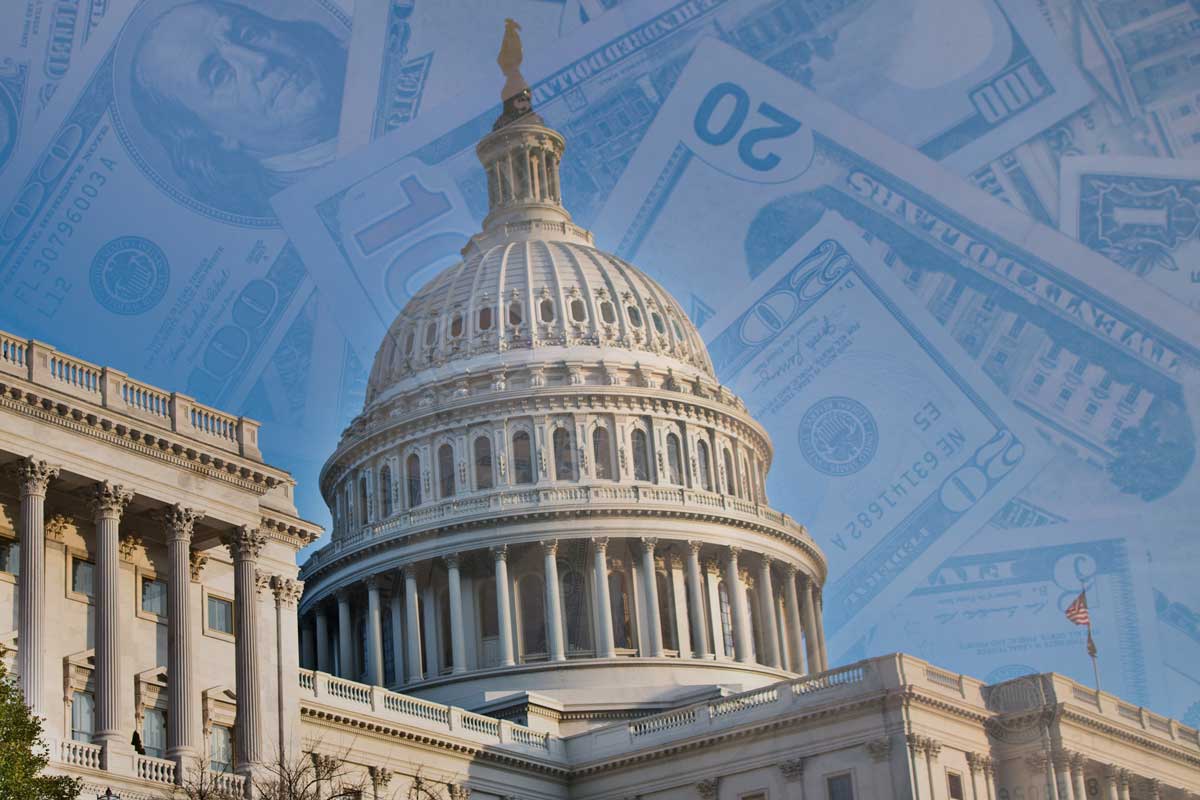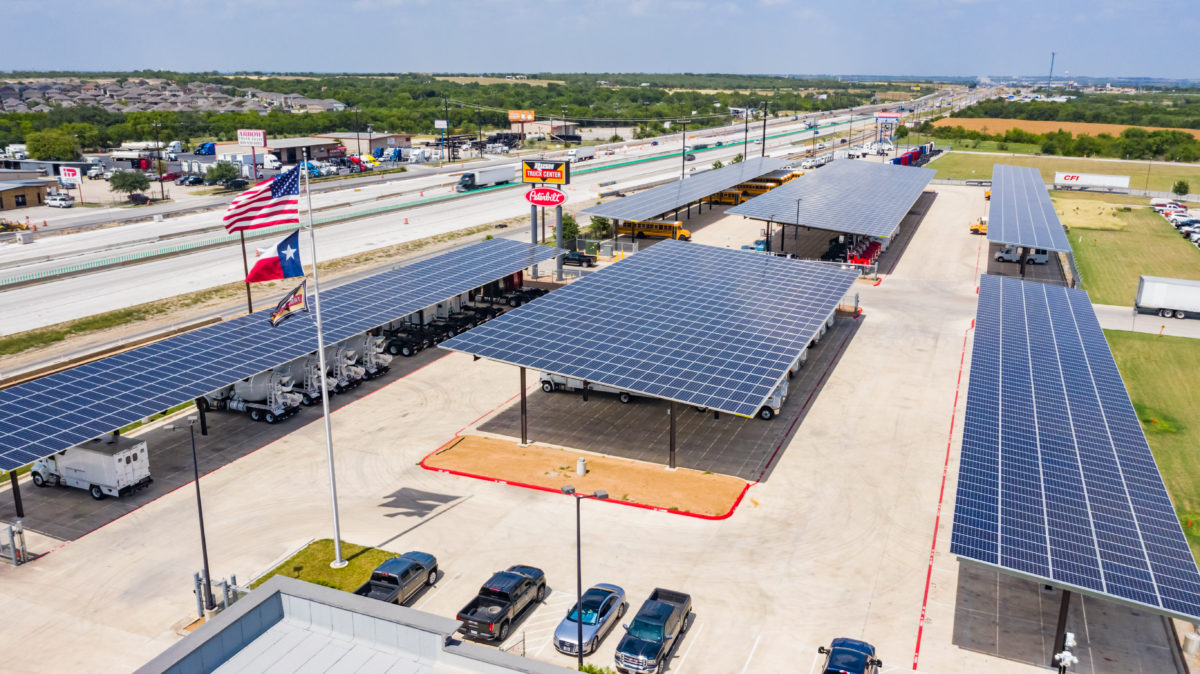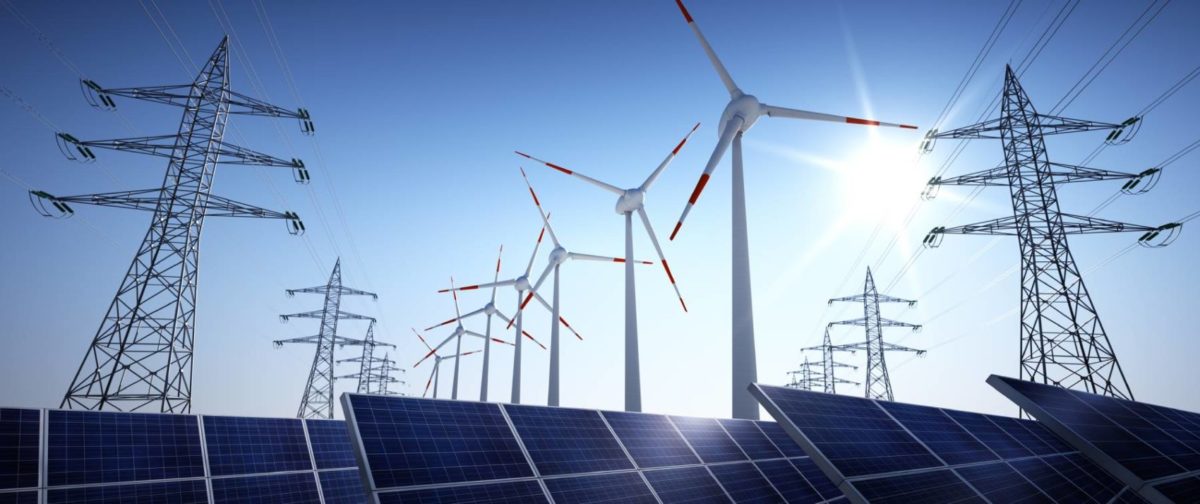This Excel spreadsheet calculator provides funding estimates for cities and counties who will be eligible for direct formula funding through the Department of Energy’s (DOE’s) Energy Efficiency and Conservation Block Grant Program (EECBG). The calculator uses DOE formulas and recent census data to generate EECBG grant estimates. The calculator is a near-term pre-planning tool for cities and counties to gain insight into projected funding amounts prior to DOE’s official publication of final funding allocations later in 2022.
Note: Users should ‘Enable Macros’ to ensure functionality within the calculator.




